Choosing the right drill bit is crucial for efficient and cost-effective drilling operations. Two common types, TCI (Tungsten Carbide Insert) bits and milled tooth bits, serve distinct purposes in the drilling industry. Understanding their differences is key to optimizing performance.
This blog post will delve into the fundamental distinctions between TCI bits and milled tooth bits. We’ll explore their construction, ideal applications, advantages, and limitations to help you make informed decisions for your drilling projects.
What is TCI Bit?
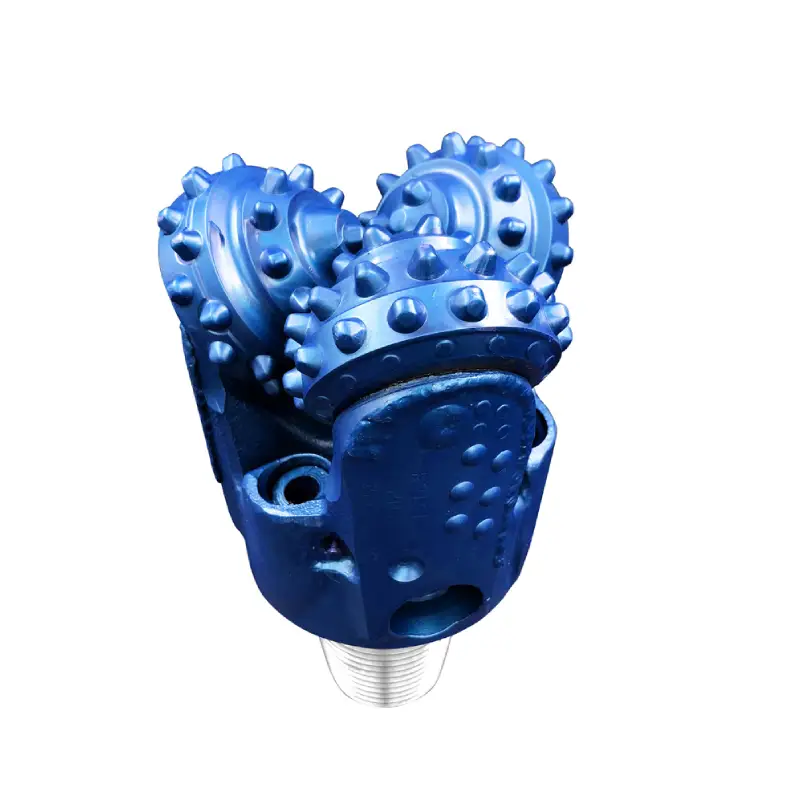

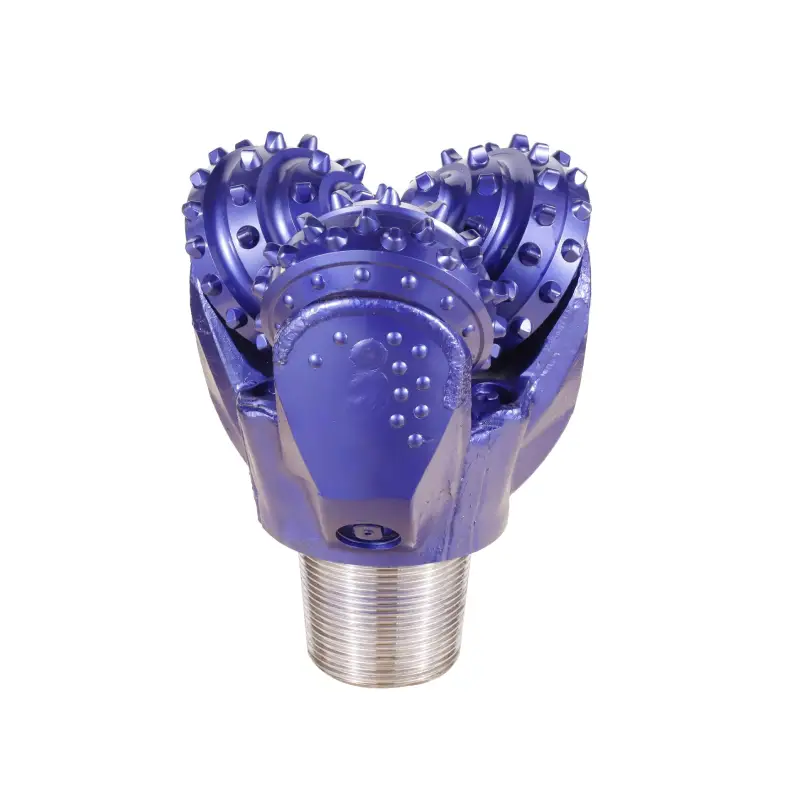
A TCI (Tungsten Carbide Insert) bit is a type of roller cone drill bit specifically designed for drilling through various rock formations, particularly harder and more abrasive ones. Its distinguishing feature is the presence of tungsten carbide inserts, which are extremely hard and wear-resistant buttons or shaped teeth embedded into the rotating cones of the bit.
These tungsten carbide inserts, made from a composite of tungsten and carbon, provide superior durability and cutting efficiency compared to traditional milled steel teeth. As the bit rotates, the cones independently crush, chip, and shear the rock, making TCI bits highly effective for achieving high penetration rates and extended bit life in challenging drilling environments.
What is a Milled Tooth Bit?
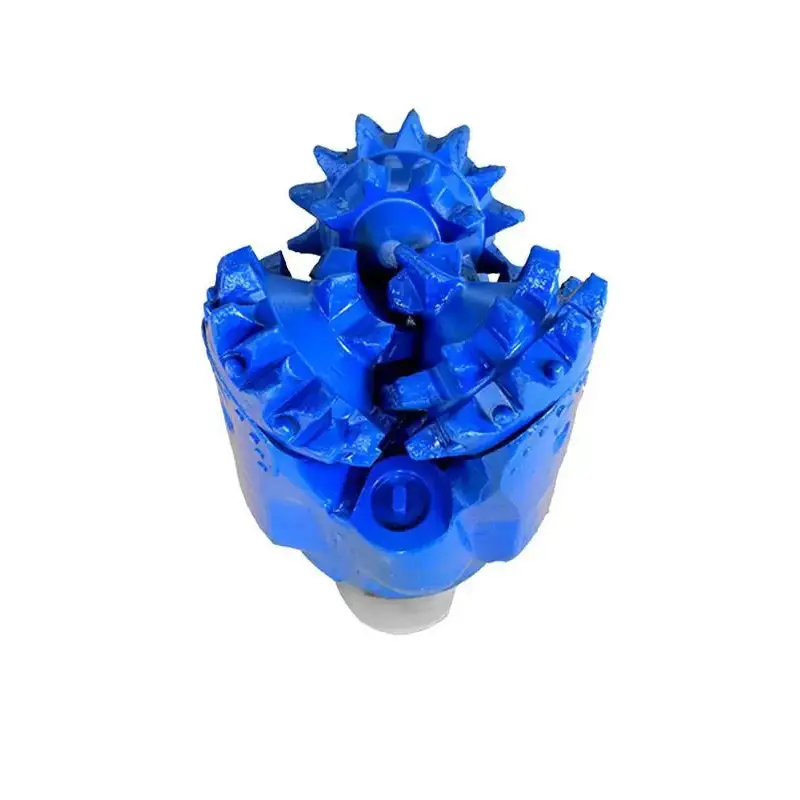
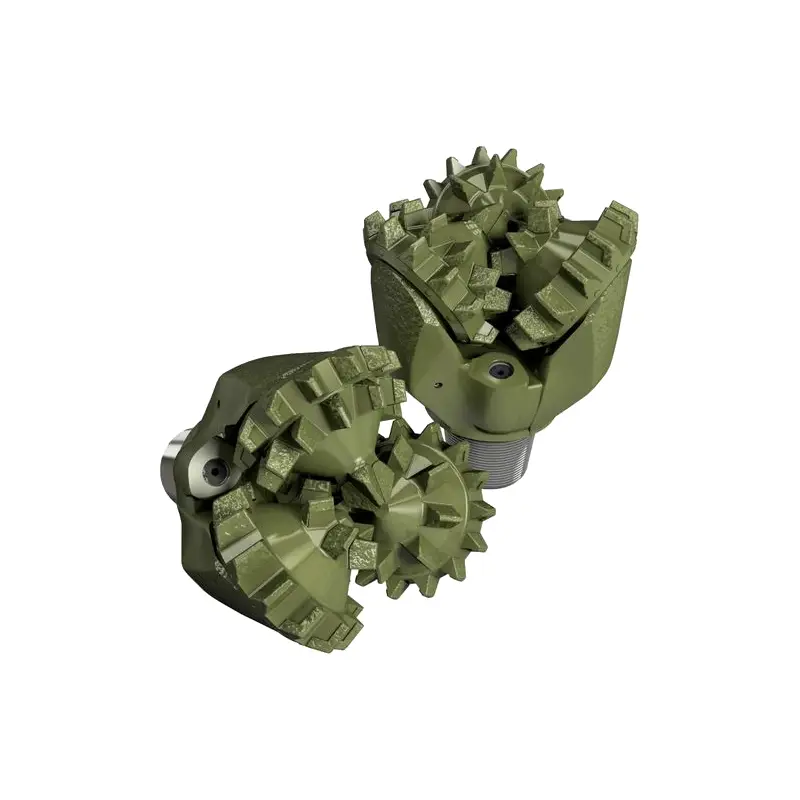
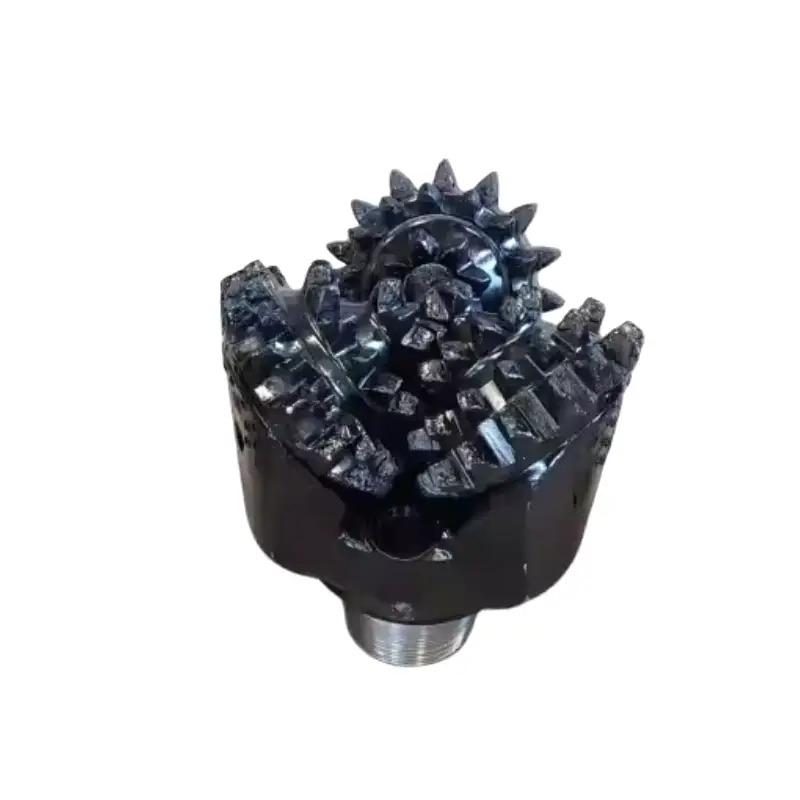
A Milled Tooth bit, also known as a Steel Tooth bit, is a type of roller cone drill bit characterized by its cutting elements being integral steel teeth that are milled or machined directly from the bit’s cones.
Unlike TCI bits which have inserts, the teeth of a milled tooth bit are made from the same steel as the rest of the cone and are often hard-faced with wear-resistant carbide composite for improved durability.
These mill tooth bits are generally favored for drilling in softer, less abrasive rock formations like clays, shales, and soft limestones, where their gouging and scraping action is most effective at breaking and removing the rock. While they can be very efficient in such formations, they tend to wear out faster in harder, more abrasive environments compared to TCI bits.
TCI Bit vs Milled Tooth Bit
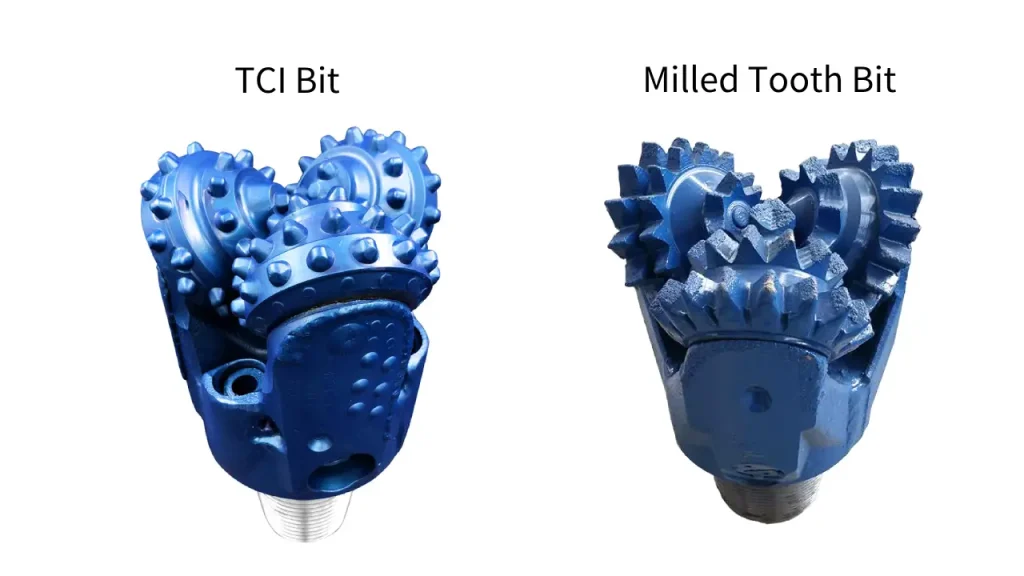
Choosing the right drill bit is crucial for efficient drilling operations. This detailed guide explores the fundamental differences between TCI (Tungsten Carbide Insert) bits and Milled Tooth bits, helping you understand their unique features and optimal applications for various geological formations.
Construction and Cutting Elements
TCI bits are characterized by their cutting elements, which are individual inserts made from tungsten carbide. These extremely hard and wear-resistant carbide inserts are pressed into pre-drilled holes on the bit’s three rotating cones. The shape and projection of these inserts can vary, from chisel-shaped for softer formations to hemispherical buttons for the hardest and most abrasive rocks, allowing for tailored performance.
In contrast, Milled Tooth bits feature cutting teeth that are an integral part of the steel cone itself. These teeth are machined or milled directly from the steel body of the cones. While the steel can be hard-faced with tungsten carbide composite for improved wear resistance, the fundamental difference lies in the monolithic construction of the teeth with the cone.
Formation Suitability
TCI bits are highly versatile and excel in a broad spectrum of rock formations, ranging from soft to extremely hard and abrasive conditions. Their robust tungsten carbide inserts allow them to effectively penetrate dense, fractured, and abrasive rock types like granite, quartzite, and hard limestone by crushing and chipping the formation.
Milled Tooth bits are primarily designed for drilling in softer to medium-hard rock formations. Their steel teeth are more effective in formations that respond well to a gouging, scraping, and tearing action, such as clays, shales, and soft sandstones. In very hard or abrasive formations, the steel teeth of Milled Tooth bits would quickly wear down, leading to reduced efficiency and premature bit failure.
Durability and Lifespan
Due to the inherent hardness and wear resistance of tungsten carbide, TCI bits generally offer a significantly longer lifespan, particularly when drilling in challenging, abrasive formations. This enhanced durability translates to fewer bit changes during a drilling project, reducing downtime and overall operational costs in the long run.
Milled Tooth bits, while durable for their intended soft-to-medium formation applications, have a shorter lifespan compared to TCI bits, especially if encountered with harder or more abrasive interbeds. Their steel teeth are prone to faster wear and dulling, which can necessitate more frequent trips out of the hole for bit replacement.
Drilling Mechanism
TCI bits primarily break rock through a combination of crushing, chipping, and shearing actions. As the bit rotates and weight is applied, the tungsten carbide inserts impact and fracture the rock, creating a crushing effect. The design and spacing of the inserts also enable a shearing action that helps to dislodge rock fragments.
Milled Tooth bits utilize a more aggressive gouging and scraping mechanism to break rock. The relatively longer and sharper steel teeth penetrate the softer formations, scooping and tearing away the rock. While they also incorporate a crushing action, their primary mode of rock destruction relies on the physical removal of material by the sharp steel teeth.
Cost
Typically, TCI bits have a higher upfront purchase cost compared to Milled Tooth bits. This is due to the more expensive raw materials (tungsten carbide) and the more complex manufacturing processes involved in embedding the inserts precisely into the cones.
Milled Tooth bits are generally more cost-effective in terms of initial purchase price. Their simpler construction with integral steel teeth makes them a more economical option, especially for projects involving shallower depths or predominantly soft formations where their shorter lifespan is less of a financial concern.
Here is the table showing you the differences between
| Feature | TCI Bit (Tungsten Carbide Insert) | Milled Tooth Bit (Steel Tooth) |
| Cutting Elements | Individual tungsten carbide inserts | Steel teeth milled directly from the cone |
| Formation Suitability | Soft to extremely hard and abrasive rocks | Soft to medium-hard formations |
| Durability/Lifespan | High wear resistance, generally longer lifespan | Lower wear resistance, generally shorter lifespan |
| Drilling Mechanism | Crushing, chipping, and shearing | Gouging, scraping, and crushing |
| Cost | Higher initial cost | Lower initial cost |
| Primary Advantage | Excellent performance and longevity in hard formations | Cost-effective and efficient in soft formations |
Conclusion
After examining the distinct characteristics of TCI and Milled Tooth drill bits, it’s clear each offers unique advantages. Your choice hinges on the specific geological conditions and project requirements.
Ultimately, selecting the right drill bit significantly impacts efficiency and cost. Understanding these differences empowers you to optimize drilling performance.
For a comprehensive range of wholesale drill bits, including both TCI and Milled Tooth options, contact Sinodrills.


